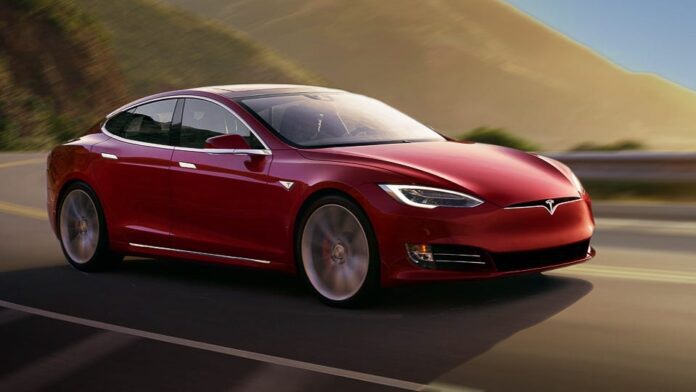With diesel and gasoline prices going through the roof, many people wonder if it’s worth it to buy an electric car. It’s hard to say because so many things come into play, like the price of the car, the type of electricity plan the owner has, whether or not he has access to all government aid, and whether or not he has a photovoltaic installation. So, we’ll only talk about how much it costs to charge an electric car to see how much money you can save compared to a car that runs on gas.
For this, we’ll use the Peugeot e-208 with its 136 hp electric motor as an example. It can cost between 1.5 euros (at home, with the cheapest rate and company) and 39.5 euros (at the fastest, most expensive, and most advanced public charging station) to charge its 50 kWh battery. The cost of a recharge can be multiplied by 25, so it’s clear that an electric car is worth it if you have a charger at home or at work and can plug it in when you need to during off-peak hours. With the cheapest recharge, it costs 0.5 euros/100 km to drive an electric car.
Most people with an electric or plug-in hybrid car do it this way. Public charging stations are only used in “emergencies” or when going on long trips that are longer than the vehicle’s electric range.
As with home appliances, the electric car must be plugged in when you save the most money: from 1:00 p.m. to 11:00 p.m. (peak hours), from 11:00 p.m. to 1:00 a.m. (off-peak hours), and from 1:00 a.m. to 7:00 a.m. (super off-peak hours). Depending on these rates, the cost to charge an e-208’s 50 kWh battery ranges from 1.5 euros during off-peak hours when the market rate is the cheapest (0.03 euros/kWh) to 10.50 euros when the market rate is average (0.21 euros/kWh). With a single rate that doesn’t change based on time, it costs between 12 euros (0.24 euros/kWh) and 15.5 euros (0.31 euros/kWh) to recharge.
Solar energy through photovoltaic panels is, of course, the best way to go, since recharging would be free in good weather and during the day, and the cost would be less in other situations. The 50 kWh battery charge in a Peugeot e-208 gives it a range of 362 km (WLTP). So, if 15,000 kilometers are driven per year, 2,071 kWh of energy will be used. In theory, five panels that can each produce 415 kWh per year would need to be put up to meet these needs.
How much does it cost to charge an electric car at a public charger?
The price of charging at a public post depends on a lot of things, like the company that runs it, how fast and powerful the post is, and a lot of other things. With all of this, the prices range from €0.20 per kWh for the 22 kW charging points (€10 to charge an e-208) to €0.79 per kWh for the 350 kW chargers in the high-speed network (€39.50 to fully charge an e-208 and €31.5 to charge it to 80% of its capacity). There is, of course, a big difference between the two options. It takes about two hours to charge 80% of the battery of a Peugeot e-208 with a 22 kW charger, but it only takes half an hour with a 100 kW charger or more.



















![10 Countries With the Best Healthcare in the World [Statistical Analysis] Countries With the Best Healthcare in the World](https://articleify.com/wp-content/uploads/2025/07/Countries-With-the-Best-Healthcare-in-the-World-1-150x150.jpg)









